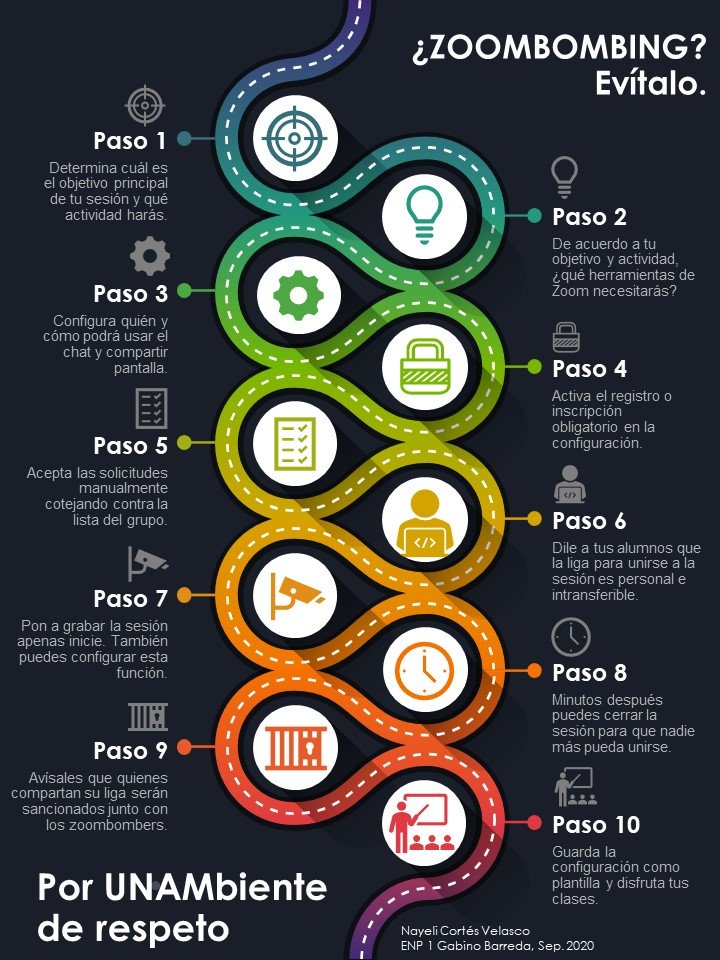We all know how terrifying it can be when we or our loved ones suffer from a respiratory infection; but the good news is that there are steps you can take to prevent contracting these infections in the first place. Let’s explore the power of hygiene and immunization and discover how we can use them to keep the viruses and bacteria at bay.

1. Wash Away Respiratory Illness with Good Hygiene
It is no secret that proper hygiene is essential to maintain a healthy body. Certain respiratory illnesses easily spread through airborne droplets and can stay in the air smog for extended periods of time. It is therefore important to take extra care in maintaining proper hygiene and sanitation to reduce the risk of infection.
Steps to Reduce Risk of Respiratory Infections
- Frequent hand-washing with soap and water for at least 20 seconds
- Cough into a tissue then immediately dispose in a closed bin
- Maintain social distancing when in public places
- Avoid physical contact
- Frequently disinfect surfaces
These are the basic steps that should be taken to reduce the risk of infection from viruses such as the common cold, flu, or SARS-CoV-2. Each of these illnesses can cause severe damage to the respiratory system if left untreated, so it is important to take precautions wherever possible.
Good hygiene can be as simple as washing your hands before and after eating, using a tissue to sneeze or cough into, and wearing protective gear such as a face mask in public places. Each of these steps, when adopted conscientiously, can significantly reduce the risk of respiratory infection.
By adopting good hygiene habits in the home and outside, we can protect ourselves and our loved ones from respiratory infections, keeping them safe and healthy. Although a little extra effort may be necessary, it is worth taking every precaution to reduce the risk of contracting such illnesses.
2. Boost Your Immune System with Vaccinations
Vaccines are one of the best ways to protect yourself from disease and illness, and they can be one of the most effective ways to boost your immune system. Vaccines help your body create antibodies that can fight off infection when you’re exposed to certain viruses and bacteria. By getting vaccinated, your body will create immunity to certain illnesses.
Frequently Asked Questions about Vaccines
- How long do vaccines provide immunity? Vaccines can provide many years of protection—some even give lifelong immunity. Vaccines need to be periodically updated, however, to ensure they are providing the best protection possible.
- What are the benefits of vaccines? The benefits of vaccines are numerous. Vaccines provide protection against many illnesses and diseases, and they help to prevent the spread of these diseases to other people. Additionally, some vaccines can provide long-term health benefits, such as reducing the risk of developing certain types of cancer.
- Are vaccines safe? Vaccines are highly safe and have been studied extensively for their safety and efficacy. The side effects from a vaccine are typically mild and usually resolve within a few days.
When it comes to boosting your immune system, getting vaccinated is one of the most important steps you can take. Vaccines provide protection against many diseases, and they can help prevent the spread of infection to others. Vaccines have been studied extensively, and they are highly safe and effective in protecting against many illnesses and diseases.
When it comes to your health, it is important to stay up to date on your vaccinations. Vaccines are a powerful way to boost your immune system and help protect you from disease and illness. Be sure to talk to your doctor to discuss your immunization schedule and to ensure you are up to date on your vaccines.
3. Stop the Spread of Respiratory Infections
To prevent the spread of respiratory infection, it is essential to take some simple precautionary measures that can help reduce the risk of catching or spreading the illness:
- Cover up when coughing or sneezing.
- Avoid contact with people who may be ill.
Practice Good Hygiene
The most important thing to remember is to practice good hygiene. Wash your hands thoroughly and frequently with soap and warm water for at least 20 seconds. Clean and disinfect surfaces that are touched often, such as doorknobs, countertops, and light switches. Be sure to use a cleaner that is effective against viruses and bacteria.
If you are sick with a respiratory infection, be sure to stay home and avoid contact with other people. This will help prevent the spread of the disease.
Avoid Touching your Face
Since viruses and bacteria can enter your body via your eyes, nose, and mouth, it is important to avoid touching your face. This helps to reduce the spread of germs and bacteria.
Vaccinations
In addition to the above measures, it is important to get vaccinated against respiratory infections. Vaccines can help reduce the severity of a respiratory infection as well as the chances of catching the disease.
By following these simple tips, you can help . By doing your part to prevent the spread of the virus, you can help protect yourself and those around you.
4. Take Control of Your Health with Proactive Prevention
No one ever wants to feel weak and brittle. But over the years, environmental conditions, improper nutrition, and hormonal changes can wreak havoc on your body. If you want to achieve your health goals, the best way to do it is to stay ahead of your health issues and take a proactive prevention stance.
At the end of the day, your health is your responsibility. Here are some tips on how to :
- Stay Current with Your Medicals: No matter what age you are, it’s important to get regular check-ups to assess for any medical issues. Make sure to schedule an annual physical and remind your doctor to check for changes in your ear, nose, and throat, vision, dental hygiene, and any existing conditions.
- Lifestyle Habits: Start by improving your daily habits and lifestyle. Eating right is key, as your body needs nutrients to be healthy and strong. Incorporate more natural and nutrient-rich fruits and vegetables into your diet and get into the habit of exercising. Aim for at least 30 minutes of moderate exercise daily.
- Manage Stress: Unmanaged stress can be a major contributor to sickness and fatigue. Find ways to de-stress such as getting enough rest, yoga, meditation or natural remedies, like Epsom salt baths and essential oils.
- Keep Vaccines Up-to Date: Vaccinations can protect you and your family from serious illnesses like measles, mumps, and rubella. Be sure to keep track of your children’s vaccines, and get your own when necessary.
- Protect Yourself: Use common sense and practice mindfulness to keep yourself safe. Cover your mouth when you cough or sneeze, and don’t forget to practice basic hygiene such as washing your hands often, wiping down surfaces, and wearing protective clothing.
Proactive prevention is essential for overall wellness and immunity. Remember that you are the captain of your own ship. Take the initiative to be in control of your health, and keep your body in peak condition.
Takeaway: Regular handwashing and immunization are two of the most important steps in preventing respiratory infections. By staying mindful of your hygiene, you can boost your immune system and minimize your risk of becoming sick. So take action today and make sure to stay safe!


